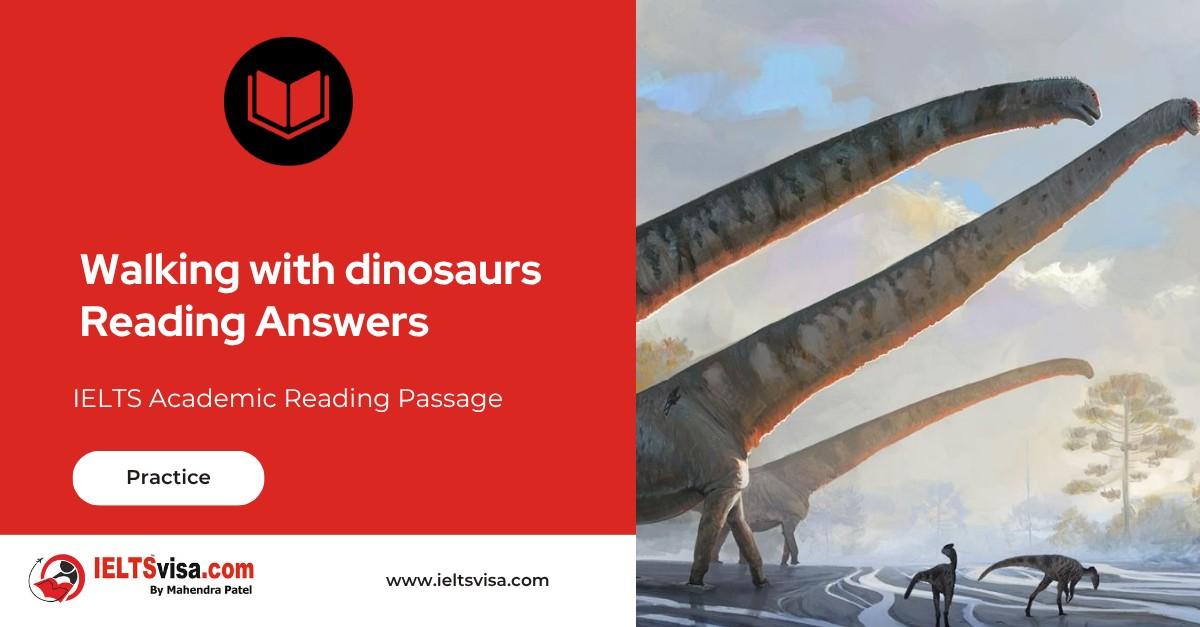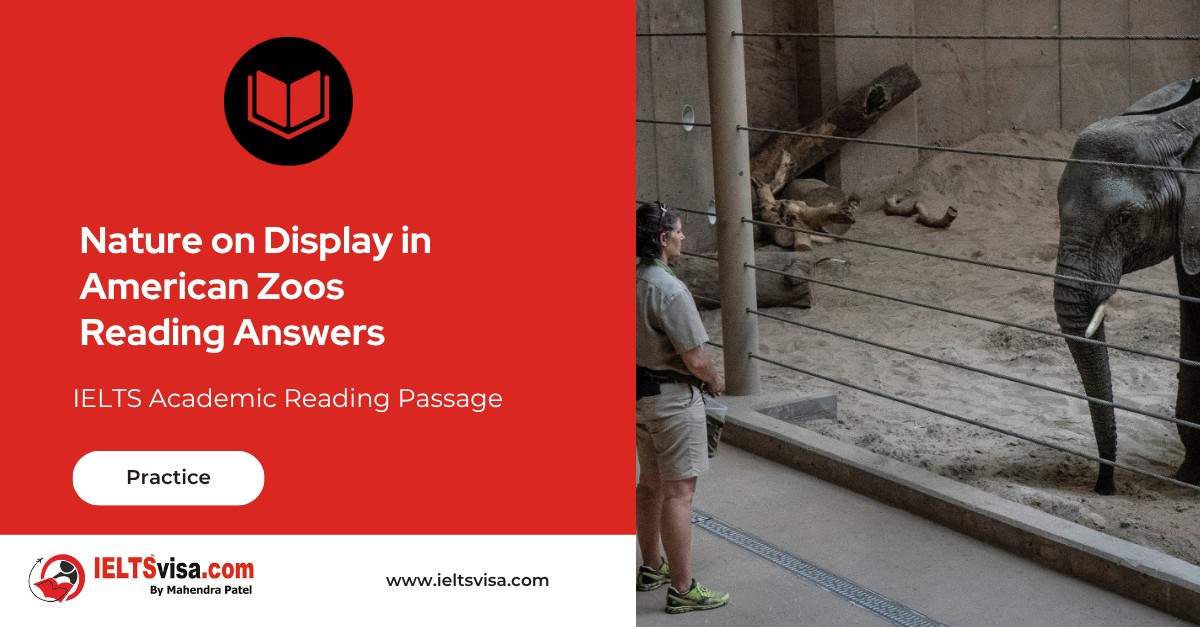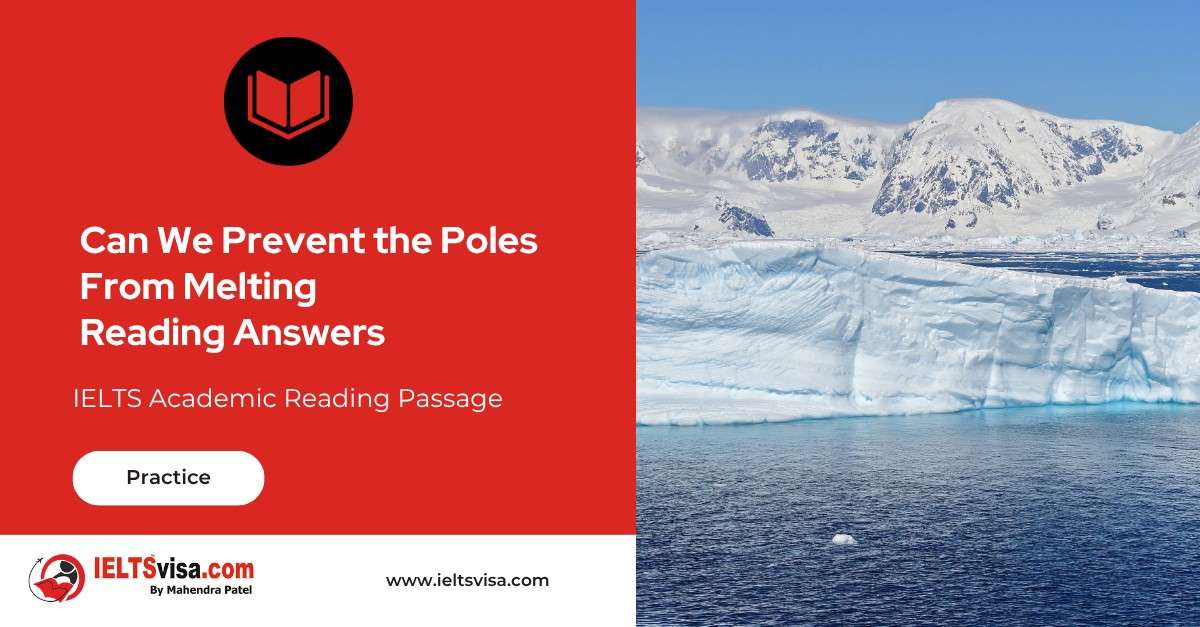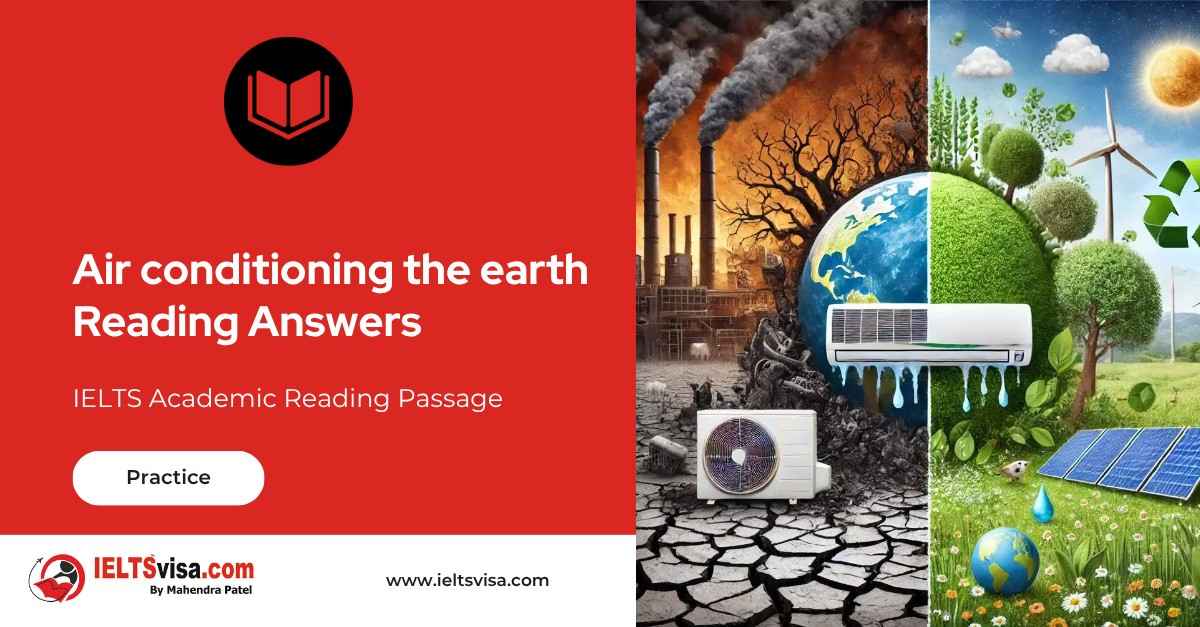Are You Experienced? Reading Answers
IELTS Academic Reading Passage
How we spend our money is changing. In the new “experience economy”, we pay to do things, not have things. Trevor Beattie, the advertising supremo, has earned millions by devising original and controversial publicity campaigns. His agency assembled the arresting FCUK logo for French Connection. However, he doesn’t believe in amassing expensive emblems of success, instead lavishing his fortune on such ephemeral things as flights in a MiG jet, or flying his mum on Concorde. He says that buying a Porsche is the saddest thing in the history of money.
Beattie is not alone in prizing memories above materialism. For a truly special birthday party, a Ferrari in a ribbon will no longer cut it. What the super-rich really want is their own private . Rolling Stones concert (cost: £2 million) or a trip into space (£100,000, courtesy of Virgin Galactic).
Even the rest of us don’t particularly want stuff any more: we’d rather enjoy a day at the races, a massage, a ride in a hot-air balloon, or a weekend cookery course run by a Michelin-starred chef. These are all symptomatic of the growing “experience economy”, which has evolved out of a culture of mass affluence. With our basic needs satisfied – the disposable income of Britons is double what it was in 1980 – we are becoming increasingly choosy about how we spend our money.
Rather than upgrading our car or television, we’ll spend the cash in coffee shops, hotels, restaurants, sports clubs, and theme parks. We’ll splash out on European city breaks or walking the Inca Trail. Experiences, in other words, the amount that British people spend on retail goods as a proportion of consumer spending has gone down in the past ten years. That money has migrated to restaurants, leisure and budget travel, as well as mobile phone calls. IELTS-Reading.com
Even that most acquisitional of pursuits, shopping, has had to wake up to the experience economy. Shopping malls such as Bluewater have acknowledged the arrival of the experience economy by restyling themselves as destinations for a family day out. You can browse, dine, and take in a film; the shopping is optional. Companies such as Marks & Spencer recognise the trend, which is why they’ve started putting coffee shops and bookshops in their stores. The experience of shopping is just as important to us as what we end up taking home.
The “experience economy” was first predicted in a 1998 article in the Harvard Business Review by James Gilmore, an American business consultant who advocates, among other things, sleep deprivation as an idea booster. The idea was later expanded into The Experience Economy: Work is Theatre & Every Business a Stage. Written with B. Joseph Pine, the book posits that we are in the middle of a profound economic shift. Just as we moved from a goods to a service economy, now we are shifting from a service to an experience economy.
Accordingly, to stand out in the marketplace, companies need to offer not just goods and services but experiences. Companies are no longer mere suppliers but stagers of events designed to be experienced. The newest retail stores prove the point: the flagship Toys “R” Us’ shop in Times Square in New York is no “pile ’em high, sell ’em cheap” emporium. Visitors are immersed in the Toys “R” Us experience as soon as they encounter the Ferris wheel at the front door. Other attractions include two floors designed as a Barbie house, and an animatronic dinosaur. Shoppers are called guests.
The idea is to foster an emotional attachment between company and consumer, and hope that “guests” will want to acquire a memento that reminds them of the warm fuzzy feelings they had during the experience. The hippest companies of the moment – Starbucks, Apple and, on a smaller scale, the drinks company Innocent – are all admired within the business industry for their ability to connect emotionally with their consumers and for proving that people will pay a premium to buy into their world.
An Innocent fruit smoothie, for example, costs about £2, much more than a non-branded smoothie. Magazine reviews of the Apple iPod, which always criticise its battery life and exorbitant price tag, are inevitably forgiving because of the iPod’s iconic design and an enduring affection for the company’s perceived ability to do things differently. Visitors to Apple’s six British stores are encouraged to use an “online concierge” to help them to plan their trip, showing that progressive companies have bought in fully to the hospitality concept.
The conveyor belt of business publishing also attests to the increasing importance of the customer experience. Pine and Gilmore’s groundbreaking offering was followed by such tomes as Priceless: Turning Ordinary Products into Extraordinary Experiences (which became required reading at IBM, Estee Lauder and Pizza Hut) and Making Meaning: How Successful Businesses Deliver Meaningful Customer Experiences. They all preach the same gospel: that, contrary to what companies think, not all consumers are focused on bagging the cheapest product. The buying experience is critical (which is why we have not all switched to Internet shopping or no-frills airlines). ielts-reading.com
The most notable aspect of the experience economy is how much we are prepared to pay for a purely non-material experience, such as a day in a spa or a trip to Prague. A collision of social trends is responsible. This era is unique in the coming together of various trends such as globalism, multiculturalism, and a demographic shift in terms of longevity. There are more leisure activities around today than twenty years ago. We are aware of these other activities and cultures, and we now have the money to experience them. Now that we are living longer, we have more time to try different things.
Questions 27-30
For each question, only ONE of the choices is correct.
27. Trevor Beattie is least likely to
A. think of a good way of advertising something.
B. fly in a military plane.
C. buy a nice, fast car.
28. An “experience economy” has grown in Britain because
A. most people have enough things.
B. people like new ideas.
C. buying things has become too expensive.
29. Shopping malls such as Bluewater
A. are changing the way they present themselves.
B. have been slow to recognise changes in consumer behaviour.
C. are unhappy with the idea of an “experience economy”
30. Retailers focusing more on “experiences” still aim to make sales through
A. better marketing techniques.
B. calling customers “guests”.
C. selling customers things that remind them of their experiences.
Questions 31-35
Complete the following sentences using NO MORE THAN TWO WORDS from the text for each gap.
James Gilmore thinks that people become more creative when subjected to (31) ____________ Starbucks is a company that has managed to develop an (32) ____________ with its customers. Pine and Gilmore’s books suggest that not all consumers focus on buying the (33) ____________ Internet shopping lacks the (34) ____________ People have time for more experiences partly because they are (35) ____________ .
Questions 36-40
Do the following statements agree with the information given in Reading Passage 3? In boxes 36 – 40 on your answer sheet, write:
TRUE – if the statement agrees with the information
FALSE – if the statement contradicts the information
NOT GIVEN – if there is no information on this
36. In Britain, the total amount of money spent on buying things has gone down in the last ten years.
37. Some shopping malls have a cinema to enhance people’s shopping experience.
38. iPods are often criticised for being too expensive.
39. Apple is considered to be a creative company.
40. Companies believe there is a clear limit to how much people will pay for “experience”.

Solution For: Are You Experienced?
Reading Answers
| 27 C | 28 A |
| 29 A | 30 C |
| 31 sleep deprivation | 32 emotional attachment |
| 33 cheapest product | 34 buying experience |
| 35 living longer | 36 NOT GIVEN |
| 37 TRUE | 38 TRUE |
| 39 TRUE | 40 NOT GIVEN |
Review and Practice
- Regularly practice with IELTS reading samples and time yourself to get used to the pressure of the exam.
- Review your mistakes to understand where you went wrong and how to avoid similar errors in the future.
Our Books
Master IELTS Speaking Part 1
IELTS Writing Task 1 Book
IELTS Writing Task 2 Book
Are You Experienced? Reading Answers Explanation
Comin Soon
Practice IELTS Other Modules
IELTS Listening
The IELTS Listening test assesses how well you can understand spoken English in various contexts. It lasts about 30 minutes and is divided into four sections with a total of 40 questions. The listening tasks become increasingly difficult as the test progresses.
IELTS Academic Reading
The IELTS Academic Reading section assesses your ability to understand and interpret a variety of texts in academic settings. It is designed to evaluate a range of reading skills, including skimming for gist, reading for main ideas, reading for detail, understanding inferences, and recognizing a writer's opinions and arguments.
IELTS Speaking
The IELTS Speaking test assesses your ability to communicate in English on everyday topics. It lasts 11-14 minutes and consists of three parts: introduction, cue card, and a discussion based on the cue card topic.
IELTS General Reading
IELTS General Reading tests your ability to understand and interpret various types of texts. Here are some key areas and types of content you can expect to encounter in the reading section, along with tips for effective preparation.
IELTS Academic Writing Task 1
In IELTS Academic Writing Task 1, you are presented with a visual representation of information, such as graphs, charts, tables, or diagrams, and you are required to summarize, compare, or explain the data in your own words.
IELTS General Writing Task 1
In IELTS General Writing Task 1, you are required to write a letter based on a given situation. The letter can be formal, semi-formal, or informal, depending on the prompt. Here’s a breakdown of the key components to include in your letter
IELTS Academic Writing Task 2
In IELTS Academic Writing Task 2, you are required to write an essay in response to a question or topic. Here’s a guide to help you understand the essential elements of this task
IELTS Exam Tips
To succeed in the IELTS exam, practice regularly, familiarize yourself with the test format, improve your vocabulary, develop time management skills, and take mock tests to build confidence.
Grammer for IELTS
Grammar is the foundation of effective communication in English. Understanding tense usage, subject-verb agreement, and sentence structure enhances clarity and coherence in writing and speaking.
Vocabulary for IELTS
Vocabulary plays a crucial role in the IELTS (International English Language Testing System) exam, especially in the Speaking and Writing sections. Here’s an overview of why vocabulary is important and how it impacts your performance
RECENT IELTS SAMPLES QUESTIONS AND ANSWERS
Walking with dinosaurs
Peter L. Falkingham and his colleagues at Manchester University are developing techniques that...
Money as the Unit of Amount Reading Answers
The most difficult aspect of money to understand is its function as a unit of account. In...
WEATHERING IN THE DESERT
In the deserts, as elsewhere, rocks at the earth's surface are changed by weathering, which...
Nature on Display in American Zoos
The first zoo in the United States opened in Philadelphia in 1874, followed by the Cincinnati...
Can We Prevent the Poles From Melting
Such is our dependence on fossil fuels, and such is the volume of carbon dioxide we have...
Air conditioning the earth reading answers
The circulation of air in the atmosphere is activated by convection, the transference of heat...













